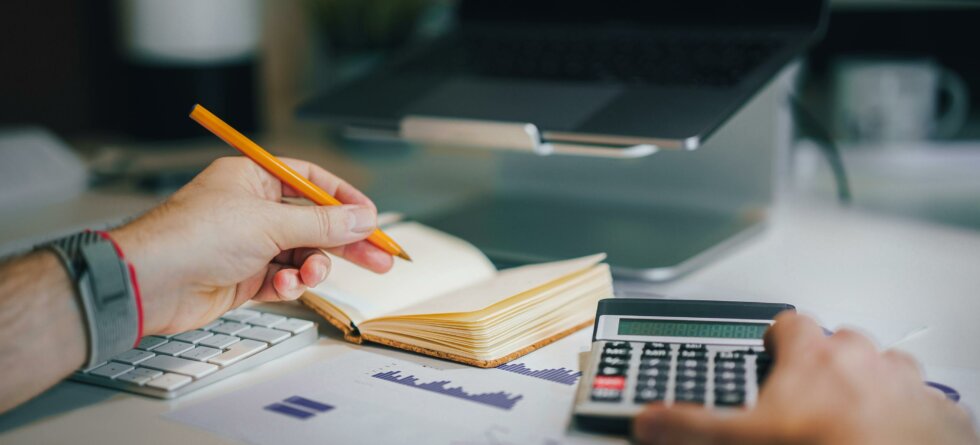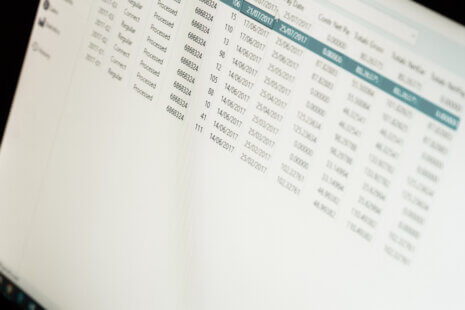Accountants use math to analyze financial data, prepare statements, budget, forecast, and make business decisions.
Some of the key mathematical concepts and calculations commonly used by accountants include…
1. Arithmetic – Basic arithmetic operations such as addition, subtraction, multiplication, and division are used extensively in accounting for calculations related to financial transactions, balances, and ratios.
2. Percentage Calculations – Accountants frequently use percentages to analyze financial data, calculate changes over time, and assess performance metrics. Percentage calculations are used in financial ratios, trend analysis, and benchmarking.
3. Ratios and Proportions – Accountants use ratios and proportions to evaluate financial performance, liquidity, profitability, and solvency. Common ratios include liquidity ratios (e.g., current ratio, quick ratio), profitability ratios (e.g., return on investment, profit margin), and leverage ratios (e.g., debt-to-equity ratio).
4. Present Value and Future Value – Accountants use present value and future value calculations to assess the time value of money and make investment decisions. These calculations help determine the current worth of future cash flows, evaluate investment opportunities, and analyze financing options.
5. Compound Interest – Accountants use compound interest calculations to determine interest earnings or expenses on investments, loans, and savings accounts over time. Compound interest calculations consider both the principal amount and the accumulated interest.
6. Statistical Analysis – Accountants may use statistical techniques and methods to analyze financial data, identify trends, forecast future performance, and assess risks. Statistical analysis can help accountants make data-driven decisions and improve business outcomes.
7. Linear Programming – In management accounting and decision-making, accountants may use linear programming techniques to optimize resource allocation, production planning, and cost minimization.
8. Budgeting and Variance Analysis – Accountants use mathematical calculations to develop budgets, allocate resources, and analyze variances between budgeted and actual performance. Variance analysis helps identify areas of improvement and efficiency.
9. Cost Accounting – Accountants use cost accounting techniques to assign costs to products, services, and activities, and analyze cost behavior, cost-volume-profit relationships, and cost variances.
10. Financial Modeling – Accountants may use financial modeling techniques to create mathematical models and simulations to forecast future financial performance, evaluate investment projects, and conduct sensitivity analysis.
Overall, accountants rely on a combination of mathematical concepts, calculations, and analytical techniques to interpret financial data, provide insights, and support decision-making within organizations. While proficiency in advanced mathematics is not always required, a strong foundation in basic arithmetic, percentages, and financial calculations is necessary for success in the accounting profession.




